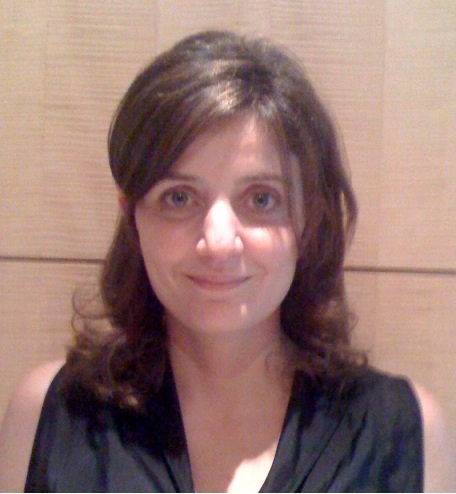- 20 Sep 2011
KNOW THEIR ALLIES: HIZBALLAH AND THE FREE PATRIOTIC MOVEMENT (FPM). POLITICS OF PERCEPTION AND THE SEARCH FOR A NATIONAL “TERRITORY”
Abstract
The Shi’ite and the Maronites have shared a long history of cohabitation in Mount-Lebanon, and some of the inherited customs are still regulating their good vicinity relations. Although these customs transcend the political understanding initiated between the Christian leader General Michel Aoun and Secretary General of Hizballah Sayed Hasan Nasrallah, both phenomena consolidated the political entente between the players, which began to transform into a political alliance immediately after Israel-Hizballah war in July-August 2006. This political alliance entailed a set of discursive practises, territorial practises and semiotics that favoured socialization and contributed to the rise of common symbols and new idea systems among their followers. This new social dynamic remains distinct from the “society of the Resistance” (mujtamaa’ al-muqawama), in which Hizballah’s institutionalised networks serve to mobilise the Shi’ite of Lebanon; although both parties thrive in principle to preserve Lebanon independence and sovereignty. Furthermore, the secularist Free Patriotic Movement (FPM) did not address the interrelated religious and political sets of values of Hizballah. Outside the realm of regular expectations, it was the territorial practises that impacted social distance between the two Christian and Shiites communities. While this political coalition shared national aspirations, imagined borders that date back to the geography of the civil war challenged it. Whether the capsizing Arab regimes influenced a more fractured geographical imagination with an unstinting sense of community survival, political discourse suffused with parochial sectarian politics became prominent in August 2011 until it got to Sayed Hassan Nasrallah speech.
About the Speakers

Originally from Lebanon, Ms Germanos speaks Arabic, French and English. She has been researching ‘divided cities’ within the French School for Advanced Studies in Social Sciences (EHESS). She holds a Law Degree, a Master of Arts degree in Communications and a Master of Philosophy degree in Comparative Development Studies.




